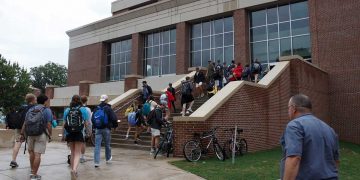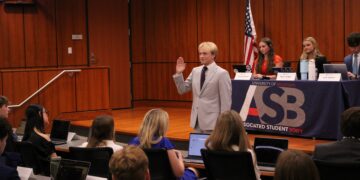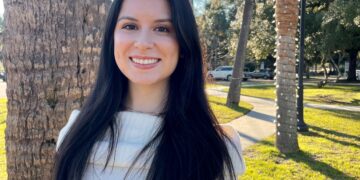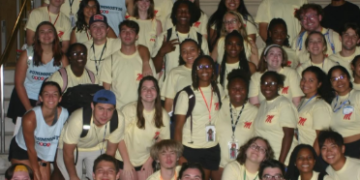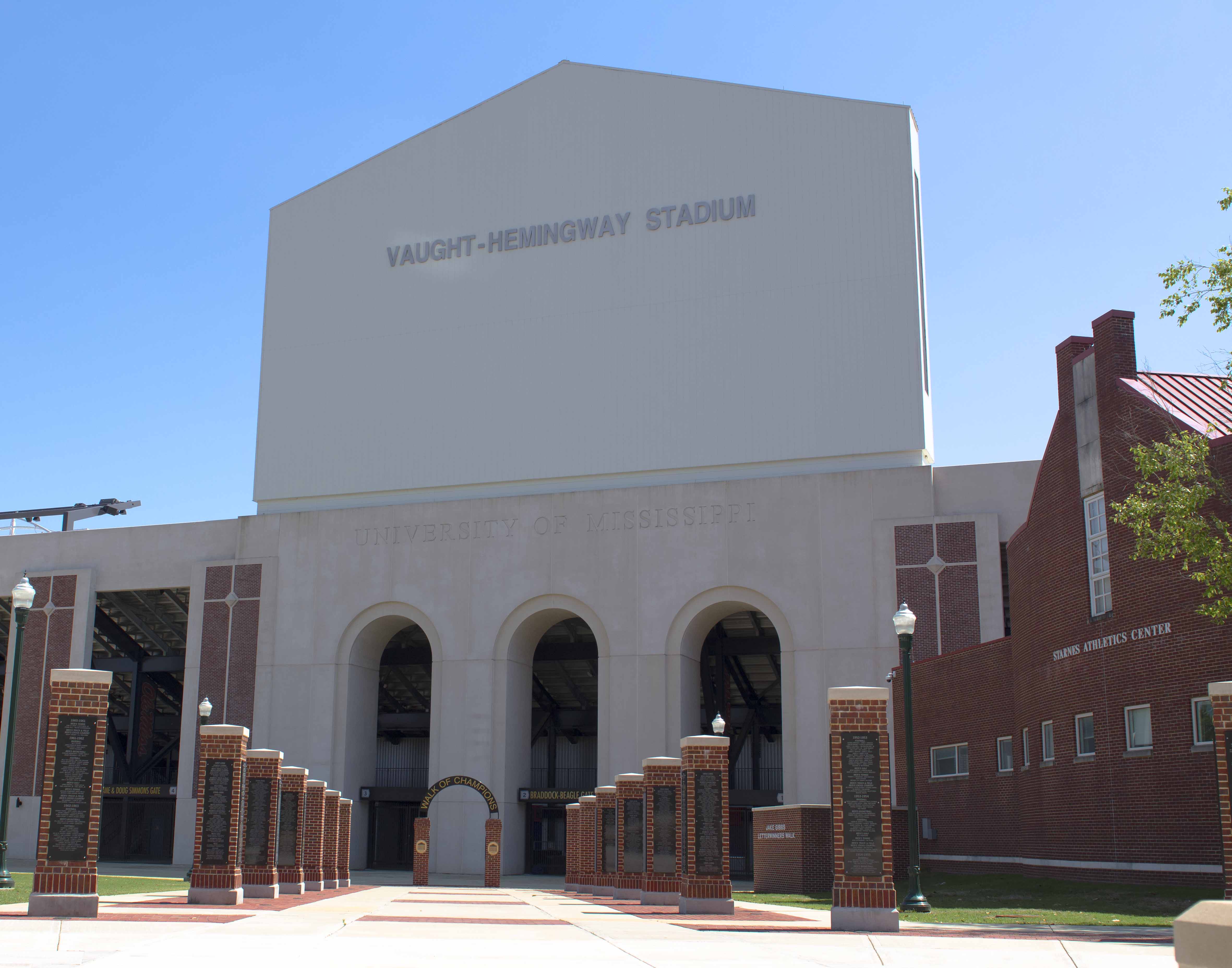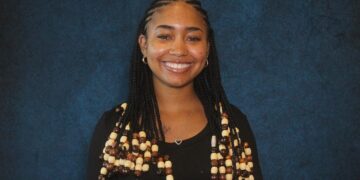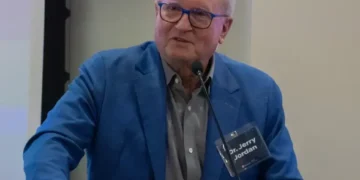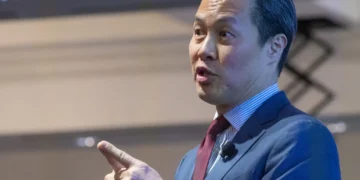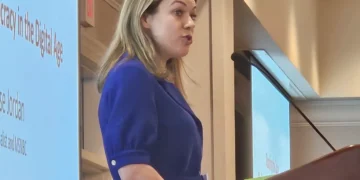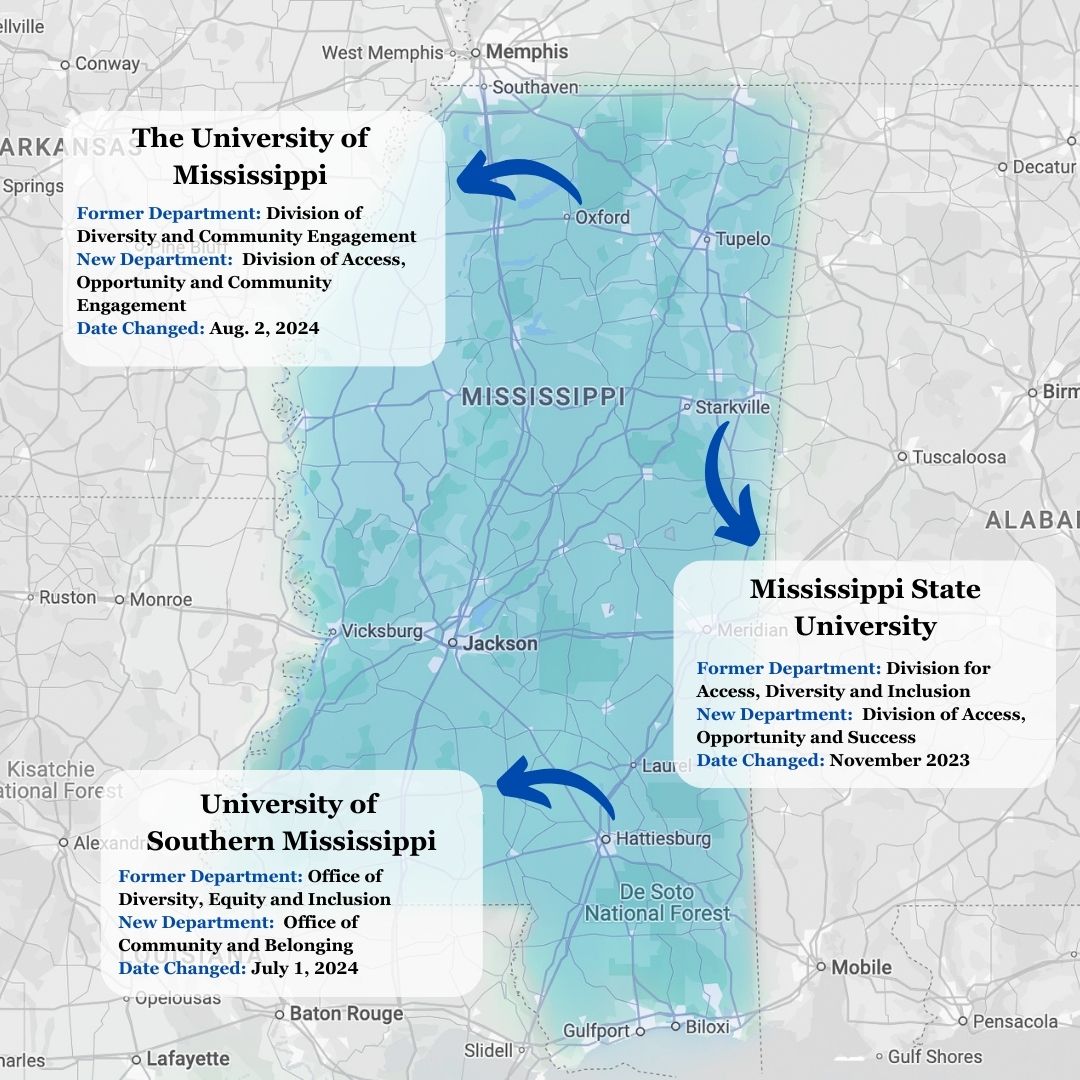
The University of Mississippi is closing its Division of Diversity, Equity and Inclusion (DEI) and opening the Division of Access, Opportunity and Community Engagement, UM Chancellor Glenn Boyce announced in a campus-wide email on Friday, Aug. 16.
“We are steadfast in our commitment to the transformative power of higher education, and now is the time to prioritize our efforts to broaden access to higher education,” Boyce said. “However, access alone is not enough. We must be committed to providing opportunities that cultivate academic attainment which leads to meaningful lives and careers.”
Pending approval from the Mississippi Institutions of Higher Learning, this change comes after a year-long internal review conducted by an unspecified group of consultants, according to the university press release.
Other public universities in the state have already changed the names of their DEI programs. Earlier this year, the head of Mississippi State University’s diversity division gave a presentation to faculty on the restructuring that was announced last fall; the new name of the division at MSU will be the Division of Access, Opportunity and Success. The University of Southern Mississippi has changed its DEI office to The Office of Community and Belonging.
The University of Mississippi is the only university in the state to submit a proposal to the IHL for its name change.
Several existing offices at UM will fall under the Division of Access, Opportunity and Community Engagement, including Equal Opportunity and Regulatory Compliance, Student Disability Services, Digital Accessibility, the Bonner Leaders Program and a scholarship called the Ole Miss Opportunity Program that seeks to aid low income students from Mississippi.
Ole Miss Opportunity (OMO) is one initiative that will fall under the new Division of Access, Opportunity and Engagement. The OMO is a guarantee that lower-income Mississippi residents will receive financial assistance for the cost of tuition, room and board and meal allowances. The guarantee’s purpose is to fill in the gaps that state, federal or institutional aid might not cover, according to the statement.
Shawnboda Mead, who was formerly vice chancellor for the Division of Diversity and Community Engagement, will now serve as vice chancellor for the new division, according to Boyce’s statement.
“By integrating and aligning our efforts across new departments and functional areas, we are poised to strengthen our engagement, compliance, efficiency and support systems,” Mead said. “The mission for our division will enable us to better address the unique needs of our community and ensure that every individual has the support they need to thrive. This will enhance pathways for success, opportunity and achievement.”
Many in Mississippi are opposed to DEI programs, including Mississippi state Auditor Shad White, who has advocated shutting down state DEI programs. In an Aug. 17 post on X, White criticized Mississippi universities for the name changes.
“But my concern is that Mississippi universities are not really closing their DEI offices and are instead just changing the name,” White wrote. “USM even admitted it. The communications officer there said ‘it was simply a change in the office name’ when they slapped a new label on their diversity office. As long as I’m State Auditor, I will keep watching to see if universities spend your taxpayer money on controversial or racist programming. As auditor I cannot stop that spending. I can only shine a light on it. We need leaders at the top of our state government who will shut off the money to this stuff. Spend the money on stuff that helps the economy, like roads, cops, and tax cuts.”
Sid Salter, vice president of strategic communications at Mississippi State University, has been outspoken against White’s views on DEI in Mississippi on multiple occasions.
“I think we’re doing what we need to do in Mississippi. We’re taking young people who are hungry for good jobs, hungry for good lives and who are in transition,” Salter said, in a report from Super Talk Mississippi. “When you talk about what we do to impact access, opportunity and student access, that’s what we’re doing. Not DEI, as (Shad) White considers it.”

